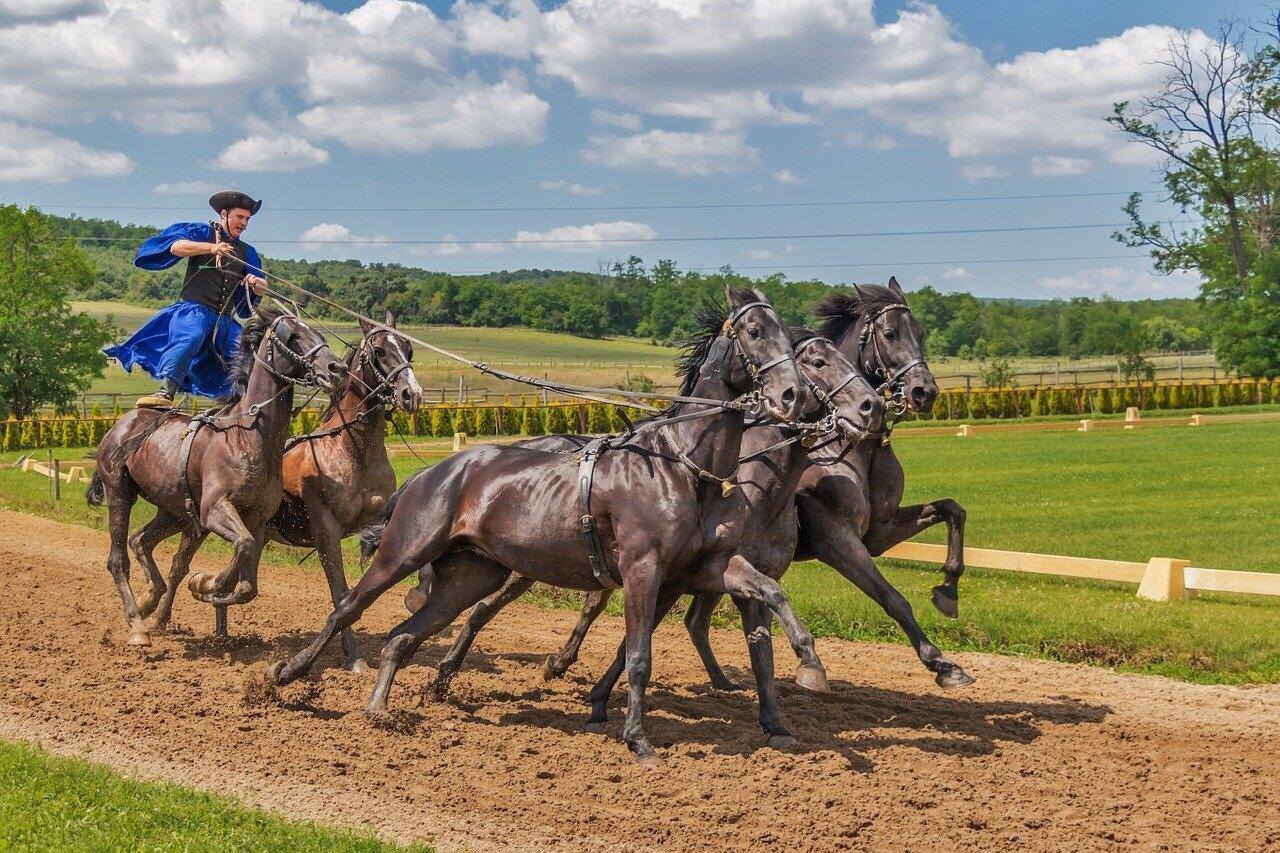Hungarian: the richest and most special language in the world

Languages should be seen as living beings, spoken by communities whose lives are also dynamically shaped by our rapidly changing world. But what makes the Hungarian language so unique?
According to novekedes.hu, on account of many English speakers, Chinese Mandarin is the most difficult language in the world to learn, but Japanese and Hungarian are also at the top of the list. Many linguists, writers, academics and artists claim that the Hungarian language is one of the richest and most expressive languages in the world.
According to the Austrian scientist Erbersberg:
“The structure of the Hungarian language is as if it had been created by a congregation of linguists to have all the regularity, conciseness, harmony and clarity, and also to diligently avoid all commonalities, pronunciation difficulties and irregularities.”
In his interview with the American CBC, playwright George Bernard Shaw commented on the Hungarian language:
“I can safely say that after studying Hungarian for years, it became my conviction: if Hungarian had been my mother tongue, my oeuvre could have been much more valuable. Simply because in this strange language, filled to the brim with ancient power, the tiny differences, the secret vibrations of emotions can be described much more accurately.”
Cardinal Giuseppe Mezzofanti, who spoke 58 languages himself, said of our language:
“Do you know which language, because of its constructive ability and the harmony of its rhythm, comes before all the others? The Hungarian! It seems as if the Hungarians themselves do not know the treasure of their language…”
But what makes the Hungarian language so special?
Concise, descending and consistent: The Hungarian language is non-binding, i.e. it has free word order. In Hungarian, the beginning of sentences, the first syllable of words, and mostly the most important part of the sentence is always emphasised.
The richness of verbs meaning movement and relocation: while, for example, the Italian language uses 26 verbs of motion and relocation, the Hungarian one uses more than 1000 different verbs.
Melodic: many believe that after Italian and Greek, it is the third most melodic languages in the world, yet challenging to identify by sound.
Ancient: Considered to be a highly antiquated language preserving an ancient character: today’s English contains 4% etymon, Latin 5%, today’s Hungarian contains 68% ancient etymon! ”
We have a rich vocabulary: over 1 million words, and many words possess transmitted, secondary meanings.
Word families are created: new, subtle nuances and atmospheric words are very characteristic. From our 1000-4000 ancient words, word formation, word composition, and other ways of word-formation give rise to our newer and newer words. Huge word families are created this way.
Space-time orientation/directional trinity: our ancestors also had to orient themselves in space and time, which is why the directional triad developed at the place and time determinant.
The way of thinking fixed in language also affects the person themselves. Perhaps this may be one of the explanations for the fact that in recent decades, relative to the number of Hungarian speakers, relatively many Hungarian scientists have gained world fame for their outstanding work.
“Language is a natural phenomenon. Its roots go deep into the prehistoric past of the past, all the way to prehistoric times, and it also has a trunk, branches, foliage, and living flowers. It affects us like something huge, elusive, a spiritual miracle. But it is so alive and real that we can perceive it with our senses.”
– wrote Dezső Kosztolányi in the work of Language and Soul
It is often easier to value as an outsider what people born here in Hungary under normal conditions take for granted. Words and language have overwhelming power.
Source: novekedes.hu


Thank you Boróka Dászkál,
Your article on the Hungarian language has thrilled me and made my soul soar.
I have always been proud of my ancestry, my homeland and my people, the poetry, literature, the music in a way that only our language can express.
It was also wonderful to hear respected entities acknowledge this jewell of a language given the right
and much deserved accolade.
We have been brought up to respect others but never to forget who we are.
Thank you again.
There are no comment to this article. I’m not surprised. There are no words in any language that can adequately describe the Hungarian languge except Hungarian – so Hungarian is not translatable!
It’s one of the most difficult language to learn. Vocabulary is amazing.I am Hungarian and proud of it.left Hungary at age 6, had my schooling in France, my parents never let me forget the language.
My kids were born in Canada they speak hungarian. (Age 64 and 65)I am really proud of them
OBSERVER – I hope that your Hungarian is better (if you even speak it) than your English.
Strange but true: my Hungarian parents and all their many Hungarian friends, a large Hungarian emigré community in London, absolutely never spoke Hungarian with one another, they always spoke in English. The only time that Hungarian was spoken in one of my parents homes was when relatives from Hungary came to stay (which was quite often). That’s why it took me longer than perhaps it should have to learn the language when growing up in England. The children of my parents friends never learned a word of it apart from a few swear words.
Anonymous
Answering your question.
Yes, I speak and write Hungarian fluently and furthermore French and some Italian as well.
I hope that satisfies your curiosity.
Hope you get better soon.
The hungarian language is an uralic language closely related to the Khanty and Mansi languages from Siberia.
Hungarian vocabulary: 30% unknown origin, 20% uralic, 20% slavic, 10% TURKISH, 10% german, 10% latin & greek.